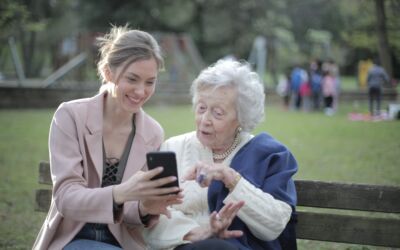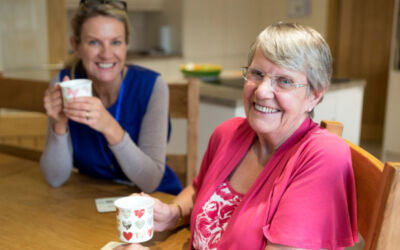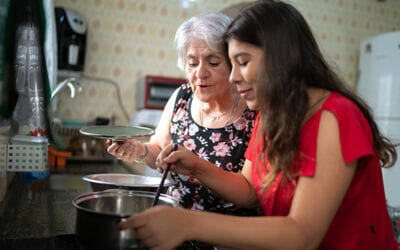Clients who do qualify for LHIN support may be given a certain number of hours per week to be arranged with the LHIN, such as morning or rising care – helping the client get out of bed, bathed and dressed, or evening or retiring care – helping the client get undressed and ready for bed. While it is helpful to have some support from the LHIN, it can be limited due to the number of clients the LHIN manages and it might be beneficial to engage private home care to fill in the gaps during the day. Having the LHIN engaged in supporting your loved one can also be helpful when they require an assistive device such as a hospital bed, raised toilet seat or commode or a walker. The LHIN also has access to provincial funding for some of these.
If your loved one has been to the hospital for surgery, illness or a fall, they may be given temporary support from the LHIN while they continue to recover at home. The LHIN can also facilitate physiotherapy if this is indicated. Further, the LHIN can support clients at home if they require wound care from the surgery or hospital stay. A nurse from the LHIN would be assigned to your loved one to manage the wound and pain.
In addition to home support, the LHIN can support your loved one at home through palliative care, should your loved one be able to or prefer to remain at home for the end-of-life period. The LHIN can help manage the comfort of your loved one during palliative care and the care is also overseen by a doctor as part of the palliative care team. This allows the LHIN to respond quickly should the clients condition deteriorate rapidly and more pain management or other comfort measures are required.
We often support our clients by providing care around the LHIN schedule and helping with things the client needs that the LHIN doesn’t offer the client. If the LHIN is providing rising or retiring care, they may not have time to assist the client with a meal or medication and these can then be part of our care plan for the client. Because we care for all aspects of the client’s life at home, we may also care for pets in the home, help with laundry or grocery shopping, whereas the LHIN may not have the capacity to do this. In addition, having additional support for the client helps to ensure the client has care should the LHIN be unable to attend the client for that visit for some reason.
We would be happy to speak with you about your loved one’s care needs and how to provide the best support complementary with the LHIN.




